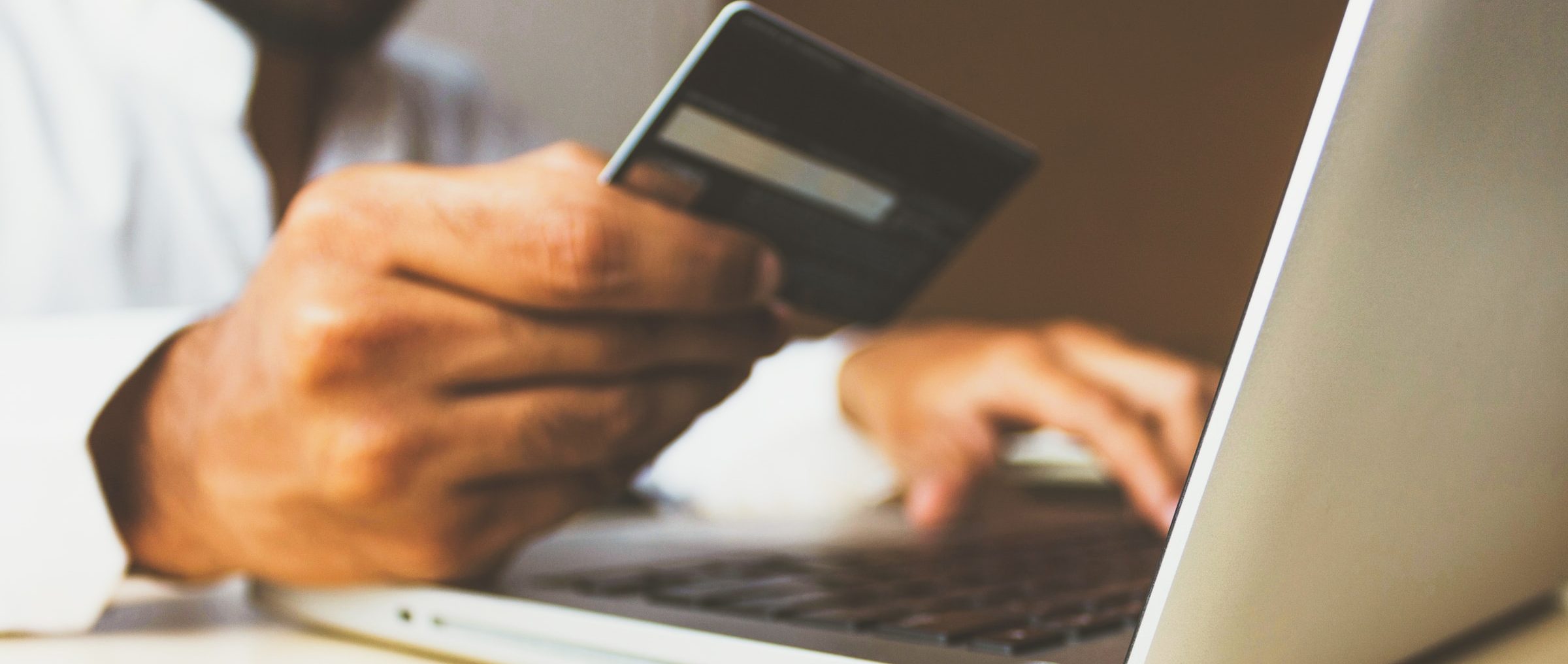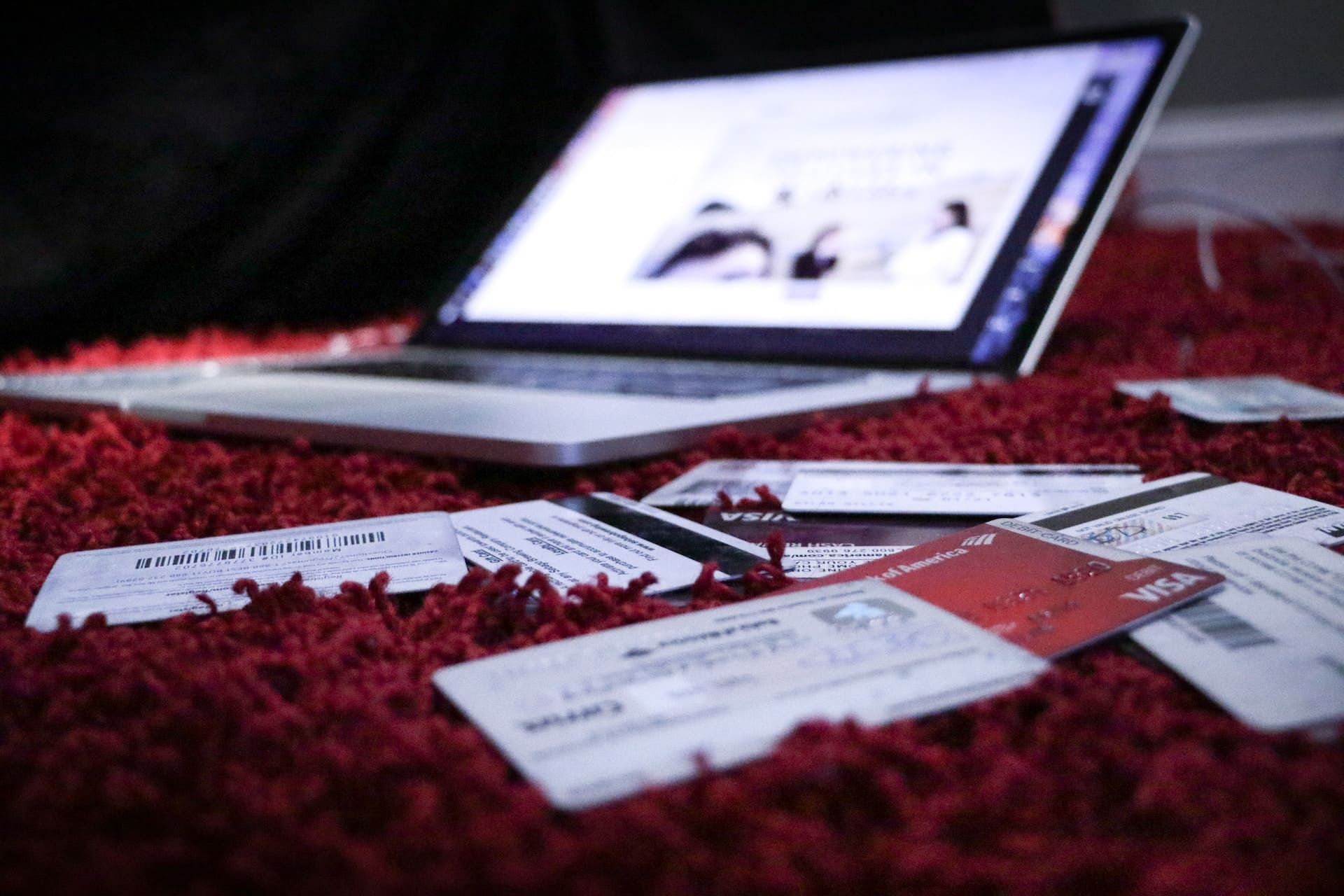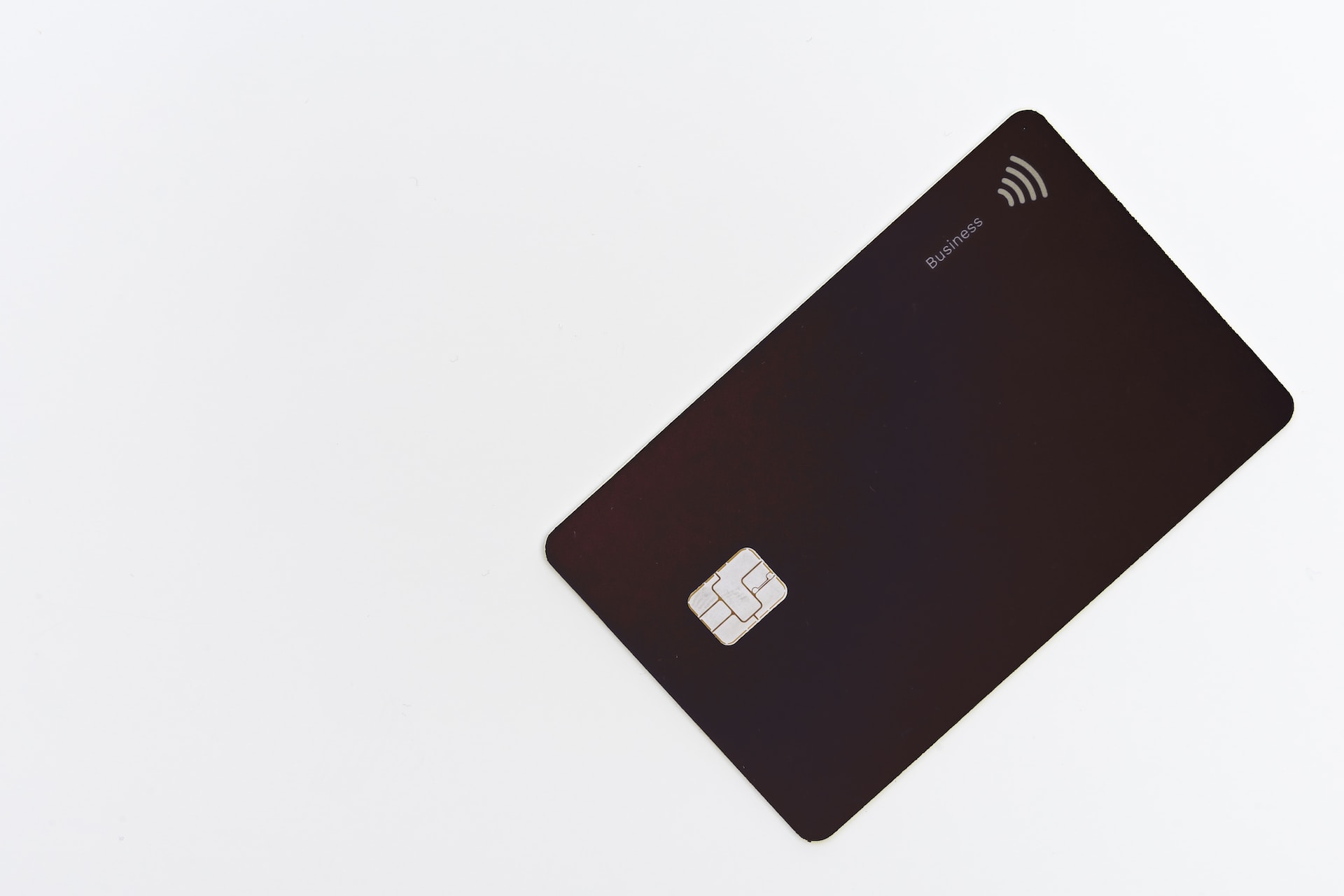
Shopping and banking online is convenient, but it also comes with risks. Cybercriminals are always looking for ways to steal financial information, and if they succeed, the consequences can be extremely serious. That’s why it’s crucial to stay secure while shopping and banking online.
Let’s explore the risks associated with online shopping and banking and discuss some practical tips to help you protect your financial information. From securing your devices, through creating strong passwords and using secure websites, to protecting your personal information and monitoring your accounts regularly. Start shopping and banking online with confidence, knowing that you’re taking the necessary steps to stay safe and secure.
Understand the Risks
Common risks associated with online shopping and banking include phishing, identity theft, and malware.
- Phishing scams involve fraudulent emails or messages that appear to come from legitimate sources such as banks or retailers. These messages often contain links that lead to fake websites designed to steal login credentials or other sensitive information.
- Identity theft occurs when cybercriminals obtain personal information. For example: names, addresses, and social security numbers. All these details can be used to open fraudulent accounts or make unauthorized purchases.
- Malware can infect your device through malicious software downloads or compromised websites, allowing cybercriminals to gain access to your sensitive information. To avoid these risks, it’s important to recognize the warning signs of these scams and use caution when opening emails or clicking on links. Always verify the authenticity of a website and keep your device’s antivirus software updated.
Secure Your Devices
Securing your devices is an important step for protecting your financial information when shopping and banking online. Unsecured devices are more vulnerable to cyberattacks and malware infections that can compromise your sensitive information.
To prevent this, it’s important to keep your software up-to-date, including your operating system and web browser. This helps to patch any security vulnerabilities that can be exploited by cybercriminals. Additionally, it’s recommended to use reputable antivirus software to detect and remove any malware from your device.
Another effective way to secure your device is by using a virtual private network (VPN) when shopping or banking online. This helps to encrypt your internet connection and keep your data secure from hackers.
Protect Your Passwords
Strong passwords are a critical element of online security for shopping and banking. A weak password is easier for cybercriminals to crack and can give them access to sensitive information like your banking details or credit card numbers. It’s important to create strong passwords that are difficult for cybercriminals to guess or crack. A strong password should be at least 8 characters long and include a mix of upper and lower case letters, numbers, and symbols. Avoid using easily guessable information such as your name, birthdate, or address as part of your password.
Furthermore, it’s important to use different passwords for each account you have, so if one is compromised, it doesn’t affect all of your accounts. It’s also recommended to use a password manager to securely store your passwords, which allows you to use complex passwords without having to remember them all.


Use Secure Websites
It’s important to only use secure websites for online shopping and banking to protect your sensitive information from cybercriminals. One way to identify secure websites is to look for the “https” prefix in the website address and the padlock icon in the address bar. This indicates that the website is using a secure protocol for transmitting data and that the connection is encrypted.
Additionally, you can check the website’s SSL (Secure Sockets Layer) certificate to ensure it’s valid and issued by a reputable Certificate Authority. It’s also important to avoid clicking on links from unknown or suspicious sources. These links can lead to fake websites designed to steal your information. Instead, always type in the website address directly or use a trusted search engine to find the website.
Lastly, it’s recommended to use a credit card rather than a debit card when shopping online, as credit cards offer better fraud protection and can limit your liability in case of unauthorized transactions.
Be Cautious with Your Personal Information
When shopping or banking online, you’ll typically be required to enter personal information such as your name, address, phone number, and payment details. This information is necessary to complete the transaction, but it also makes you more vulnerable to identity theft and fraud if it falls into the wrong hands.
To protect your personal information online, it’s essential to only share it with trusted and reputable websites. Be wary of websites that request more information than necessary, as this can be a red flag for potential scams. Additionally, it’s important to use strong passwords and change them regularly, and avoid using public Wi-Fi or unsecured networks when accessing sensitive information. You can also use two-factor authentication, which requires a code or password in addition to your login credentials to verify your identity.
Lastly, regularly monitor your bank and credit card statements for unauthorized charges or suspicious activity, and report any issues immediately to your bank or card issuer.
Check Your Accounts Regularly
Regularly monitoring your bank and credit card accounts is crucial for identifying and preventing fraudulent activity. If someone gains access to your account, they may make unauthorized transactions or withdraw money without your knowledge. By monitoring your accounts regularly, you can quickly identify any suspicious activity. Taking action to address such activity earlier prevents it from becoming a bigger issue. It’s recommended to check your accounts at least once a week, or more frequently during the holiday season or after major events. Look for any transactions that you don’t recognize or that seem suspicious. For example- unusually large purchases or transactions in unfamiliar locations. If you notice any suspicious activity, report it to your bank or credit card issuer immediately to protect your account and prevent further fraud.
Take online shopping and banking security seriously and protect your financial information to prevent identity theft and fraud. By following these tips and remaining vigilant, you can enjoy the convenience of online shopping and banking while keeping your information secure.
You May Also Like:
Securing Your Organization with Attack Surface Management (ASM): Everything You Need to Know
Effective Ways to Prevent Common Types of Cyber Attacks
Follow us on LinkedIn!